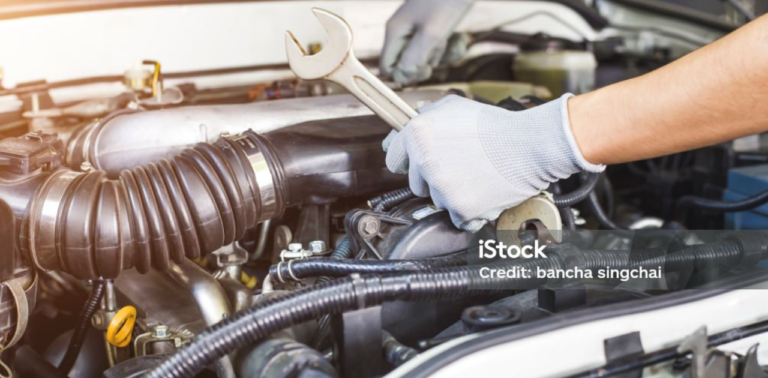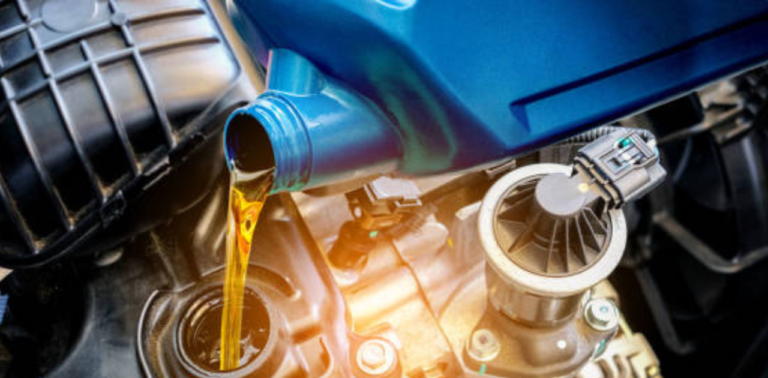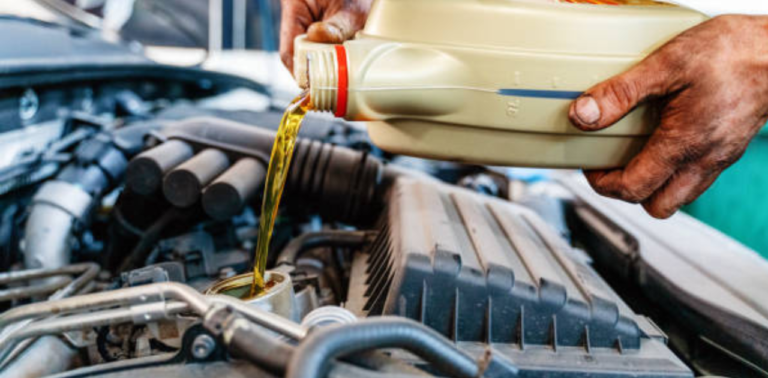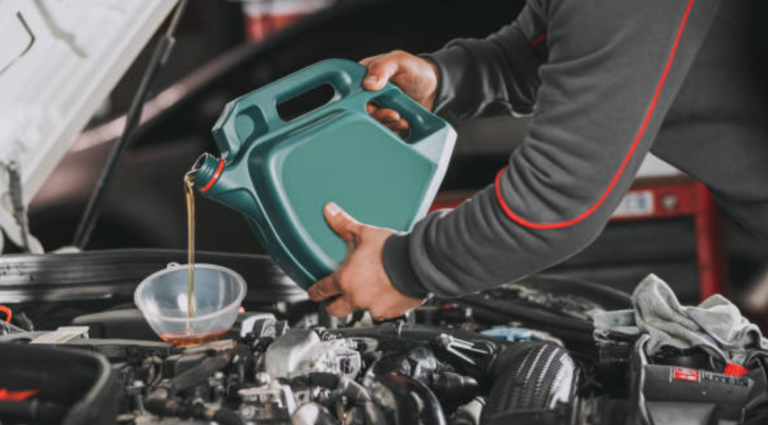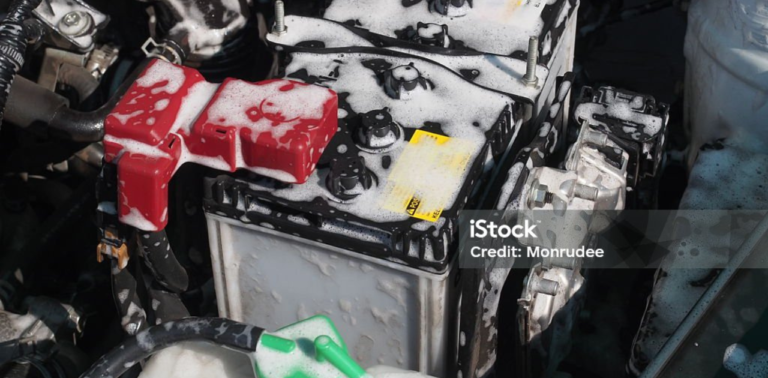What are the 10 Causes of Oil Leakage on Exhaust Manifold?
Oil spills on the exhaust manifold are a critical problem that can cause severe engine damage if not corrected immediately. If you know the most common causes, you can effectively prevent and fix these problems. In this article, we address the 10 most common causes of Oil Leakage at the tailpipe bend and provide answers to frequently asked questions about this problem. How can oil escape from an exhaust manifold? 1. Closed valve cover gasket The valve cover seal seals the upper part of the engine and prevents oil from leaking. Over time, this gasket can be worn down or cracked by heat and pressure, leading to oil leakage. If the valve cover seal is damaged, oil may leak onto the exhaust manifold. 2. Defective PCV valve The positive crankcase ventilation (PCV) valve regulates the release of gases from the engine’s crankcase. A defective PCV valve can cause pressure to build up, pushing the oil out of the gaskets and into the exhaust manifold area. 3. Damaged cylinder head gasket A damaged cylinder head gasket can cause oil to penetrate the combustion chamber and pass through the exhaust manifold. This serious problem often requires immediate treatment to avoid significant engine damage. Why is oil leaking from my exhaust? 4. Burned Turbocharger For turbocharger engines, a defective turbocharger can cause oil to leak into the exhaust system. The turbocharger uses oil to lubricate, and when its seals fail, oil can be pushed into the exhaust manifold and eventually out of the exhaust. 5. Closed piston rings Piston rings seal the combustion chamber and prevent oil from entering the combustion chamber. If the piston rings are worn or damaged, oil can enter the combustion chamber and be ejected through the exhaust system, resulting in a visible oil discharge. 6. Jumped engine block A torn engine block is a rare but serious cause of oil spill. Oil can leak and enter the exhaust system if the block has a crack. This problem often requires a complete overhaul or replacement of the engine. Why is my exhaust manifold leaking all the time? 7. Incorrect installation If the exhaust manifold or its gaskets are not installed properly, this may lead to persistent oil leakage. To avoid leaks, it is necessary to ensure that all components are correctly installed and tightened to the required torque. 8. Heat and Vibration The exhaust manifold is exposed to extreme heat and vibration. Over time, these factors can damage seals and seals, leading to oil leaks. Regular inspection and maintenance can help identify these problems at an early stage….

